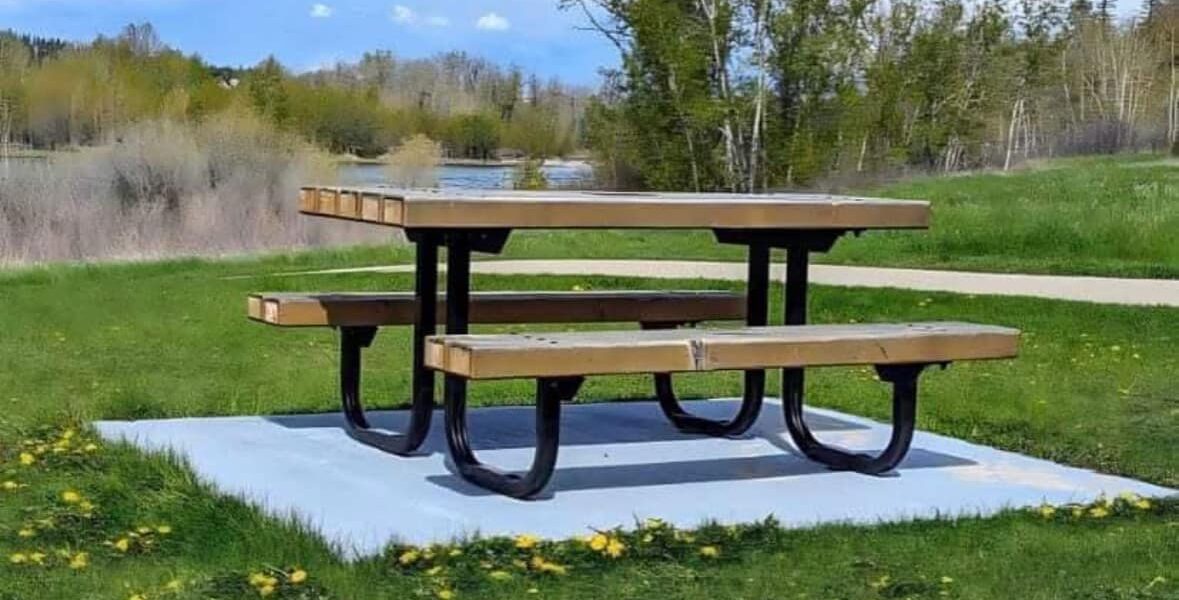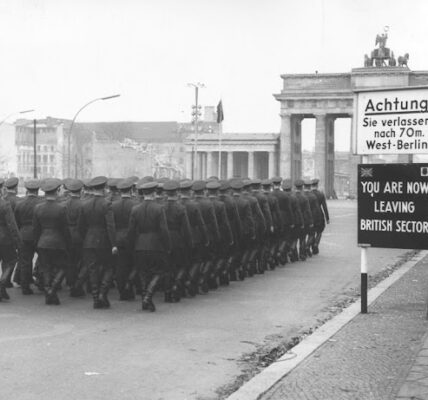
The picnic table sits empty now.
I pass it nearly every day while walking my dogs. For years, it was never just a table—it was Old Jim’s table. That’s what his friends called him. Most days I saw him there, a familiar figure with his coffee thermos, a donut, and a book. Beside him, always leaning within reach, was his cane.
One afternoon, my dog Chester got a little too curious. He grabbed Jim’s cane in his mouth and tried to run off with it. I chased after him, embarrassed, while Jim sat back and laughed until his shoulders shook.
From then on, no matter how rushed I was, I always stopped to talk with him. Our conversations were simple—about the weather, the changing seasons, whatever small events were happening in town—but Jim had a way of making those moments feel important. He loved it when people stopped by, waved, or sat down for a quick chat. “Feels just like seeing an old friend,” he once told me.
I never knew exactly how old he was—maybe in his eighties—but I knew he had stories. And I loved hearing them.
Jim grew up in a farming community in southern Alberta. His family was poor, so poor that sometimes all he had to eat for days was his mother’s homemade bread. But there was a neighbor who owned cattle, and when he could, that neighbor would bring meat to share—free of charge. Jim’s mother would always bake a loaf of bread in return.
“I knew it wasn’t a fair trade,” Jim chuckled once, “but my neighbor always said it was. He’d grin and say, ‘Margaret, you make the best bread.’”
Years later, Jim married, bought a home with his wife, and settled into a quiet life. His wife passed away many years ago, but he stayed in the same house they’d shared. “It’s full of memories,” he said softly.
Not all his memories were happy, though. His new neighbors didn’t like the way his lawn looked and had even called the town to complain. He held out his hands, twisted and stiff from arthritis, and said, “They don’t work like they used to.”
His eyes grew heavy when he added, “Neighbors don’t help like they used to, either. Nobody looks out for this old man anymore.”
I told him I’d be happy to cut his grass, but he gave me a sad smile. “I think it’s time to sell,” he said. He never told me where he lived—no matter how many times I asked—probably knowing I’d show up with my mower.
And then, one day, he was gone.
The picnic table has been empty ever since. I still glance toward it whenever I pass, half-hoping to see his thermos and book, his cane resting at the side. I never knew his last name, his address, or his phone number. All I have are his stories, his smile, and the hope that wherever Old Jim is, he’s warm, safe, and maybe sitting at another picnic table, telling someone new about the best bread in southern Alberta.



